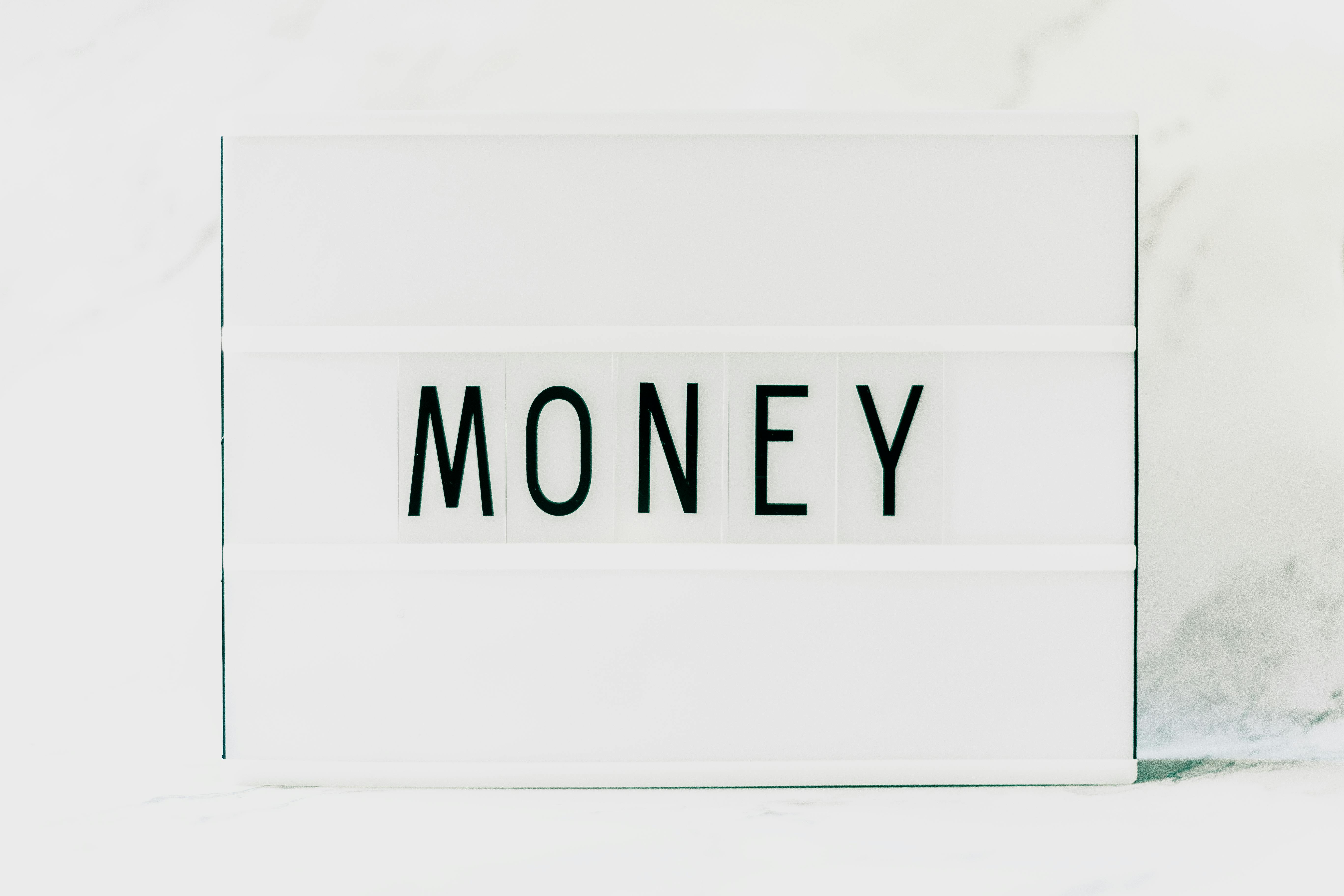The One Financial Habit You Should Adopt
April 18, 2020
We spend our lives striving for success (usually material and career-related success) and we identify it with happiness.
However, success is never truly achieved because we don't stop when we reach a milestone - we just set another one to achieve next.
I think this is the wrong way to pursue happiness.
When it comes to money, studies have shown that it only affects happiness in a positive way up to a certain point - they say it's about 75,000$ a year, although it probably differs from country to country (or state to state).
From that amount (which allows you to live comfortably) upwards, money doesn't really contribute to happiness.
So after reaching the 75,000$ mark, what else contributes to our happiness?
If we think about the minimalism trend and why it has become so big, I think we'll realize that we (as a society) are overwhelmed.
We're overwhelmed with technology (constantly scrolling or getting distracting notifications), with too much stuff because we think it shows material success, we're too busy, we're too stressed and we never seem to have enough hours in a day.
Minimalism has had such hype because people are realizing that they need to simplify their lives, shift the focus from materialism to what's truly important and what actually makes them feel happier.
And what's truly important to achieve long-term or daily contentment are things with no price tag: maintaining good relationships with family and friends, a good health, experiencing and learning new things...
So what is the one habit that you should adopt in order to be happier in your daily life?
Live below your means!
Money (or material success) is most people's number one concern in life.
And naturally so because we need money to fulfill our basic needs.
However, once people have enough for basic needs, they tend to use the extra money to adjust their expenses and increase their standards of living (apparently, this is called the lifestyle creep).
Well, there is something to be said for taking the excess money or the raise you got and not buying a bigger house, for example, for a while (or forever, if you don't mind that, as Warren Buffet did).
I'm not saying you should live a depressing life saving up every penny and deprive yourself of every pleasure or luxury in life - that is the opposite of what I'm proposing here.
What I'm saying is that the habit of keeping your income comfortably above your expenses can provide you several benefits in life (ultimately making you happier).
How living below your means can help you be happier:
1. Financial freedom and long-term financial security
Living below your means allows you to save up more, as well as to invest for long-term security (say, for your retirement).
It might even give you the flexibility to pursue a career change or start a business, if you feel like that would make you happier.
Who knows, you might even be able to retire early!
2. The ability to enjoy the meaningful things in life
Living below your means leaves you with money to spare, which you can use (after applying some to savings) to enjoy the important things in life.
Instead of staying cooped up in your very expensive home saving all your money to pay for your mortgage, you can invest in experiences with the money you have left (instead of things).
How great does being able to enjoy weekend getaways or dinner with friends and family more often sound?
Read also: 10 Plans You Should Make Time For.
3. Less worrying and restlessness
Living below your means can also reduce your stress levels greatly, since you're not as worried about money because you have savings to fall back on should something happen.
You might also be able to pay for insurance, for instance, making you feel safer.
There's also the fact that if you're not worrying about money so much, then you won't be craving and striving to own more things or get the next raise at all times.
But how do you go about implementing this, you ask?
A good place to start is to take control of your finances - make your budget and understand how much your expenses weigh on your earnings.
Could you adjust that to have more money to spare and more financial freedom? Could you downsize anywhere?
If you haven't yet reached the amount to live comfortably, I've shared some tips on here on what to do if you're unhappy with how much money you make.
If you're thinking about buying your first home in the near future, then you should make your budget to see how much you could easily put in every month towards a loan while still leaving some spare money to allow yourself some financial freedom.
Why not make a list of the things that are truly important to you in life and that you want to have spare money for?
You can even make a mood board if that helps to inspire you and not lose sight of the end-goal - is it early retirement? Is it starting your business with the money you have to spare? Or is it just being able to spend more quality time with your family and experiencing new things?
Whatever it is, maintain the focus on that so you don't get discouraged and do pamper yourself from time to time with the extra money you have.
What are your thoughts on living below your means? Do you apply this in your life?







0 comment(s)